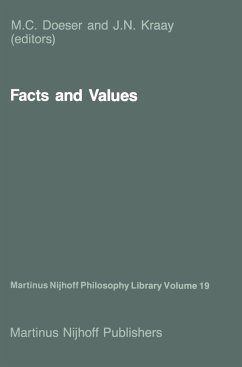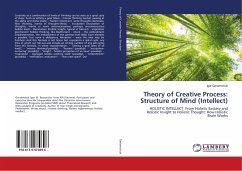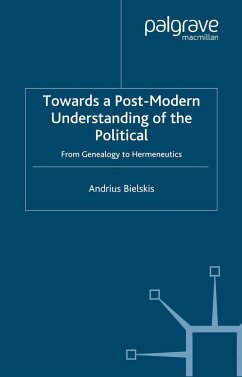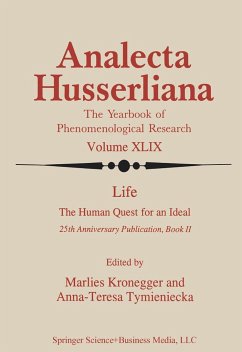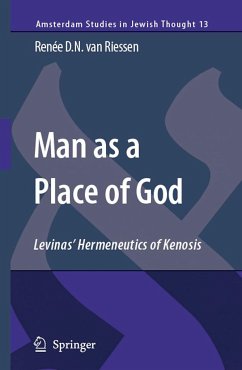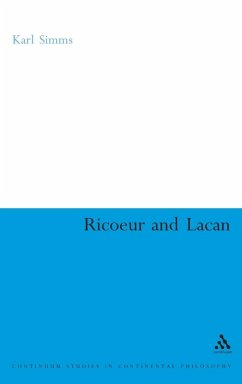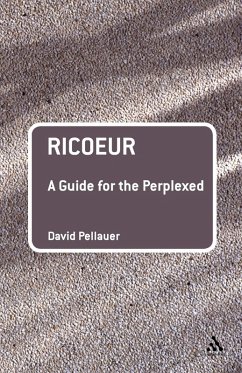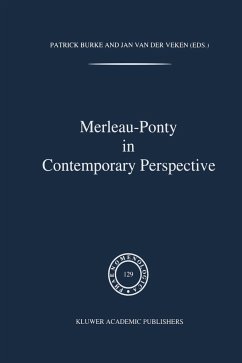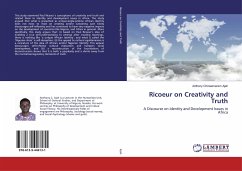
Ricoeur on Creativity and Truth
A Discourse on Identity and Development Issues in Africa
Versandkostenfrei!
Versandfertig in 6-10 Tagen
51,99 €
inkl. MwSt.

PAYBACK Punkte
26 °P sammeln!
This study examined Paul Ricoeur's conceptions of creativity and truth and related them to identity and development issues in Africa. The study argued that what is presented as unique-single-pristine African identity does not exist; to insist on creating and/or sustaining such falsity discourages self-reflexivity and has continued to have very negative impacts on the development of countries like Nigeria, and Africa in general. More specifically, this study argues that: (i) based on Paul Ricoeur's idea of enabling a true self-understanding to emerge after creating meanings, there is nothing li...
This study examined Paul Ricoeur's conceptions of creativity and truth and related them to identity and development issues in Africa. The study argued that what is presented as unique-single-pristine African identity does not exist; to insist on creating and/or sustaining such falsity discourages self-reflexivity and has continued to have very negative impacts on the development of countries like Nigeria, and Africa in general. More specifically, this study argues that: (i) based on Paul Ricoeur's idea of enabling a true self-understanding to emerge after creating meanings, there is nothing like 'a unique African Identity', and what is called the 'Nigerian state' is self-deception; (ii) the appeal to cultural egalitarianism is a caricature of the idea of African and/or Nigerian Identity. This appeal discourages self-reflexive cultural evaluation and hampers social development; and (iii) a reconstruction of the foundations of deconstruction shows that it is both a perplexity and ashrink away from the normative/regulatory demands of truth.




